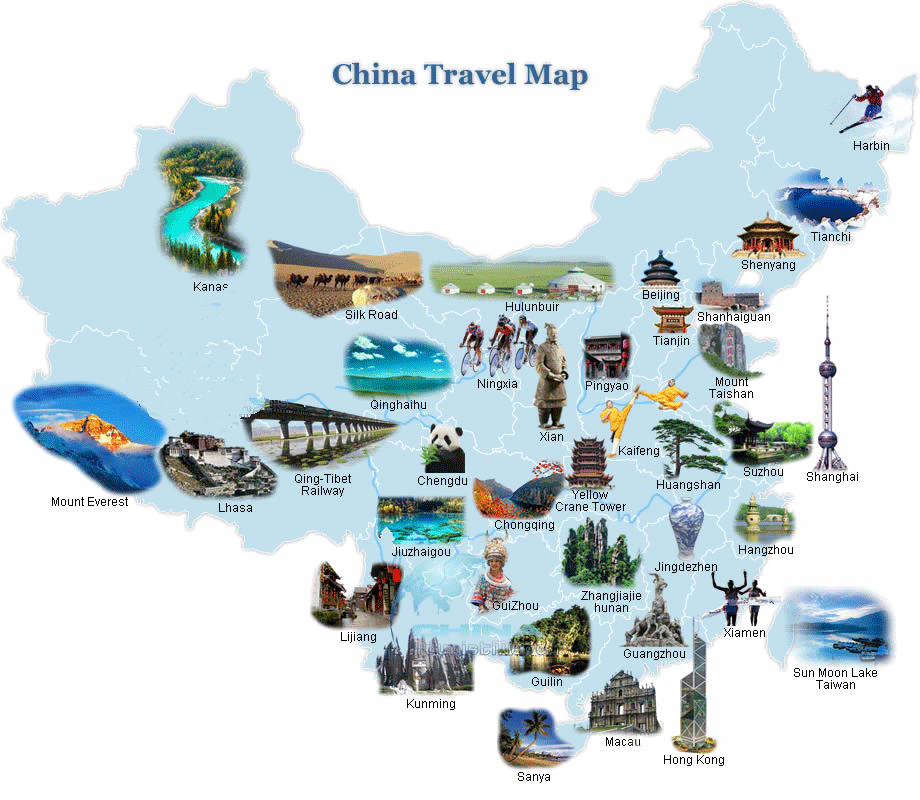Speaking With Guides
If travelling with a tour group in China, the group will arrange for an English speaking guide knowledgeable about the local history, culture and sights. Many historical sites also employ multilingual docents who can provide translations for visitors in languages like English. Notifying site managers a day or two in advance can help arrange an English speaking guide.

English Proficiency Varies Widely
While English language skills in China have improved considerably, proficiency varies greatly depending on age, education level and location. University students generally have competence in basic English, despite shyness in practicing conversation. Younger secondary school students in richer families often study English, though rural children have less exposure. Working professionals under 35 in major coastal cities likely speak some English, but proficiency declines with age outside major centers.
South China Offers Higher English Rates
The southern coastal province of Guangdong sees more exposure to foreign languages through business. Cities like Zhuhai near Macau have large percentages speaking basic English. However, in northern cities away from economic hubs like Qingdao, fluency becomes quite rare. Even large northern populations often lack linguistic skills for international interaction. Location greatly impacts the prevalence of English abilities.
Striking Up Casual Conversations
Random encounters demonstrate unpredictable English levels. On a bus ride, a woman initiated conversation in fluent French after overhearing my daughter and I. Chinese often underestimate their skills from lack of practice. Initiative and encouragement can reveals hidden talents. A friendly attitude usually results in attempts to communicate across barriers, whether through hand gestures or fractured phrases.
Rural Challenges Remain
While major tourism attractions provide multilingual guides, venturing into distant villages poses clear communication obstacles without Chinese. Even among educated urban youth, international interaction experience lags classroom study. The digital divide restricts Internet exposure strengthening abilities. Rural families focused on work leave less time for optional language learning. Remote communities represent the last linguistic frontiers.
Conclusion
Visitors should not expect broad English capabilities everywhere in China. Proficiency clusters in youthful, internationally engaged urban populations. Tourist sites and younger generations show improving abilities. However, capabilities decline rapidly with age and distance from globalized centers. With some social prompting, hidden talents often emerge. While not always essential, knowledge of key Chinese phrases proves polite and aids in memorable cultural exchanges even without flawless fluency. Adventure and persistence opens unexpected conversations across boundaries.

 Choosing Between Santa Clara University and San Jose State University for Computer Science: A Deeper Look
Choosing Between Santa Clara University and San Jose State University for Computer Science: A Deeper Look